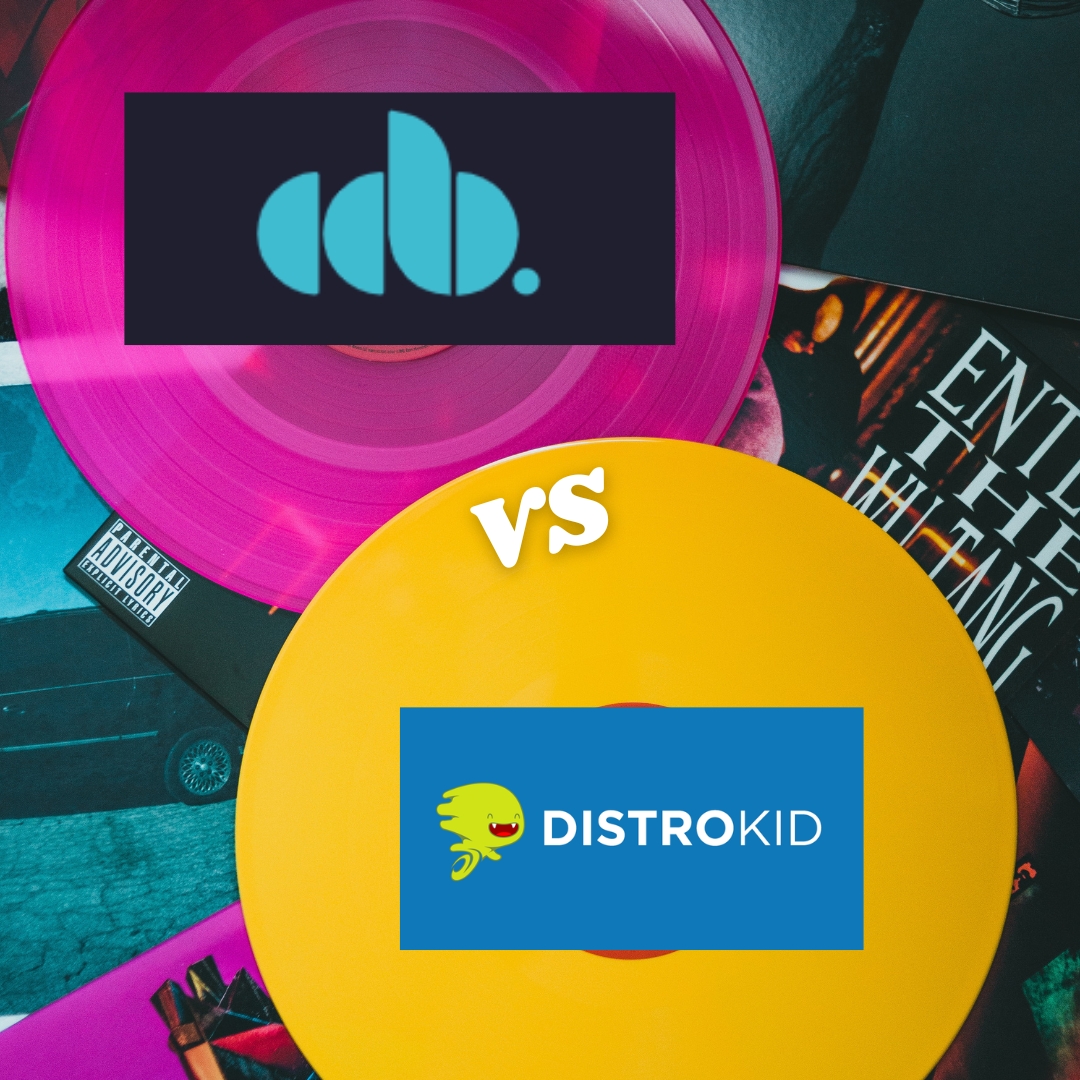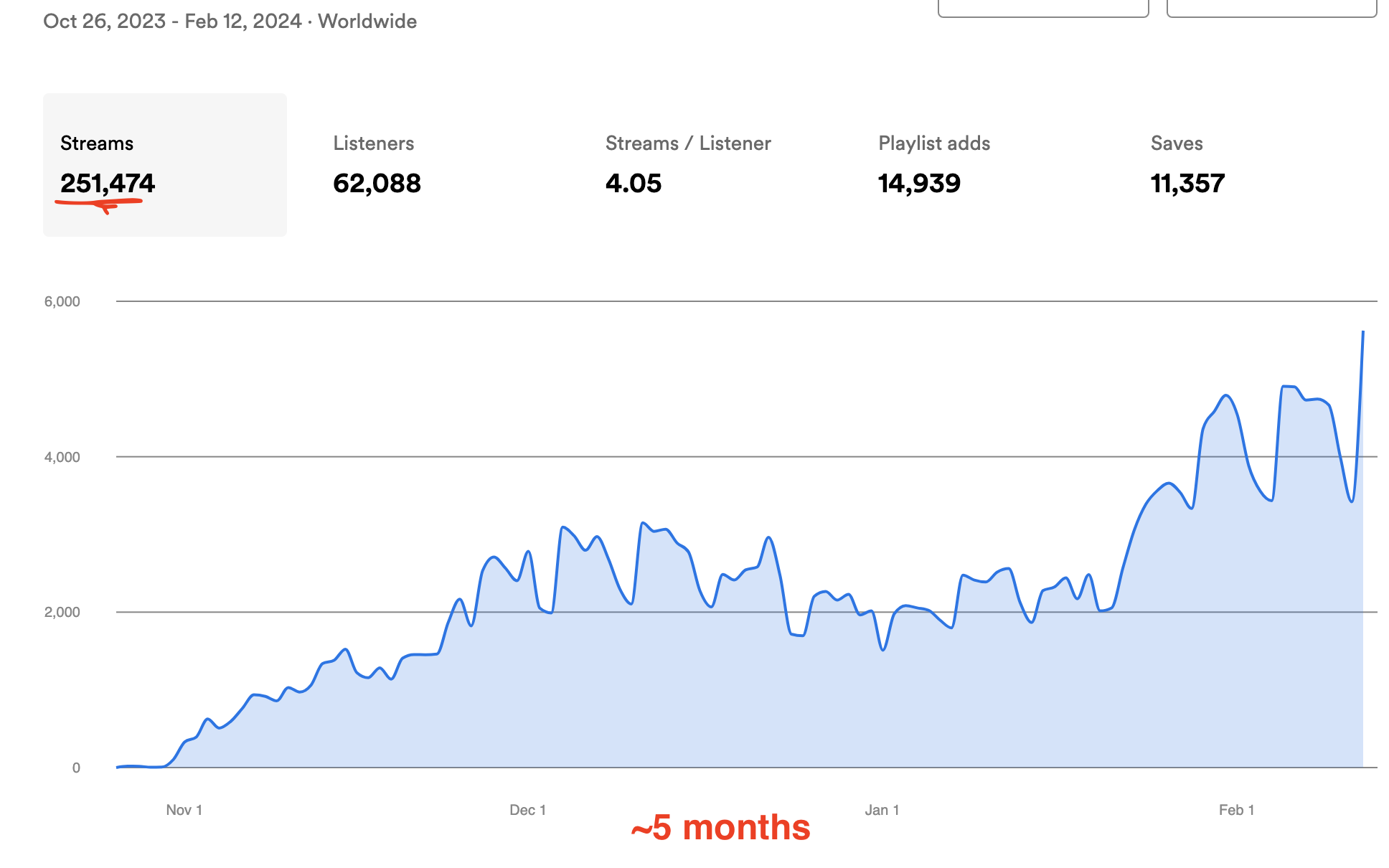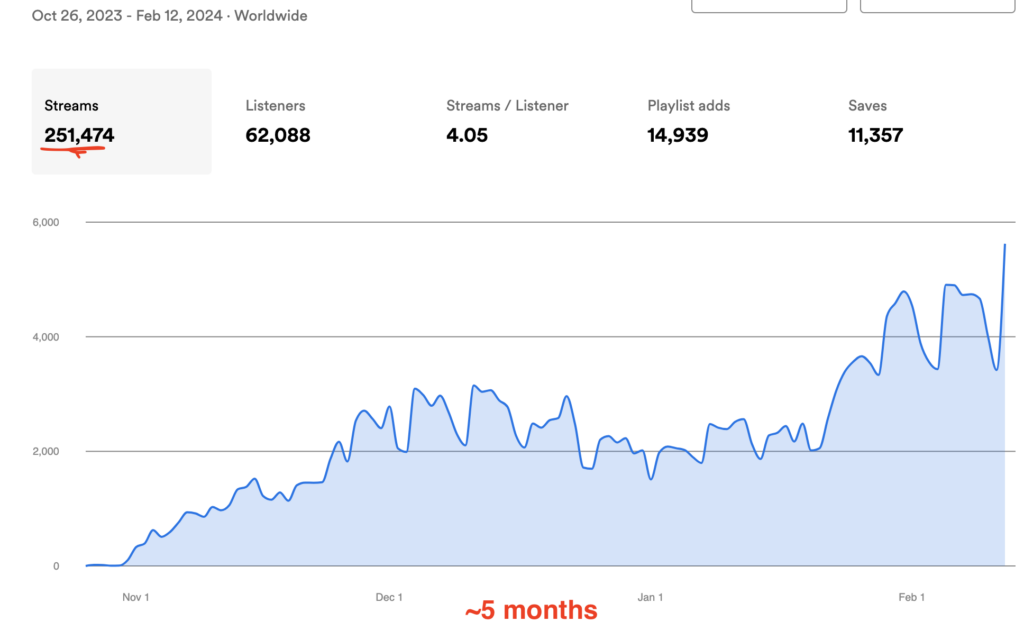Wondering whether CD Baby or DistroKid is right for you?
It’s a common question. Click here to skip to my quick breakdown. Keep reading for the details.
The background on the comparison
Back in the day, when I was still cool enough to wear bright blue Aeropostale t-shirts with the brand name emblazoned in big cursive script across the chest, I was in what could debatably have been called a band.
We recorded what debatably could’ve been called an album, and we decided that we wanted to put it out into every corner of the world. (At the time, this meant putting it onto iTunes and Spotify.)The opportunity was huge, but the trouble was I had no idea how to do distribute the music. So I googled it, and I found the solution: CD Baby.
It was the only solution at that time, and it was like magic: You paid a bunch of money, and bam, you got your music up onto the major listening platforms of the internet. Remarkably simple.
So we paid CD Baby. And from there, of course, it was a fast track to fame.
Just kidding. I think seven or eight people listened to that album. God bless them.
Anyway, my purpose in telling you this story is a) mostly to relive the glory days! and b) to give you some context for what has become something of a debate in the intervening years:
Should you still use CD Baby? Or is their model outdated – and should you turn to their competitor, DistroKid?
You see, in the intervening years from that first album release, a plethora of new distributors hit the scene. One of them – the cheekily-named DistroKid – totally upended the original pricing model, and in so doing attracted a bunch of artists away from CD Baby. But since then, there’s been some more backlash, and CD Baby has been making a bit of a comeback.
It’s a little confusing. But all of this is to say, if you’re considering DistroKid vs. CD Baby for music distribution, here’s my quick take:
- If you’re planning to follow current industry wisdom and release 10-12 singles per year for the foreseeable future, you should use DistroKid.
- If you don’t plan to release music frequently, you should probably use CD Baby.
- If you’re already using one or the other and are considering switching, just stop. They’re both good options and the hassle of moving from one to the other is probably not worth your time.
That’s the high level. Over the rest of this post, I’ll get into the rationale and the details.
Let’s do it.
The basic breakdown
I like to start these kinds of posts with a table, because that tends to be the best way to get the main points across. Here’s what we’re looking at:
| DistroKid | CD Baby | |
|---|---|---|
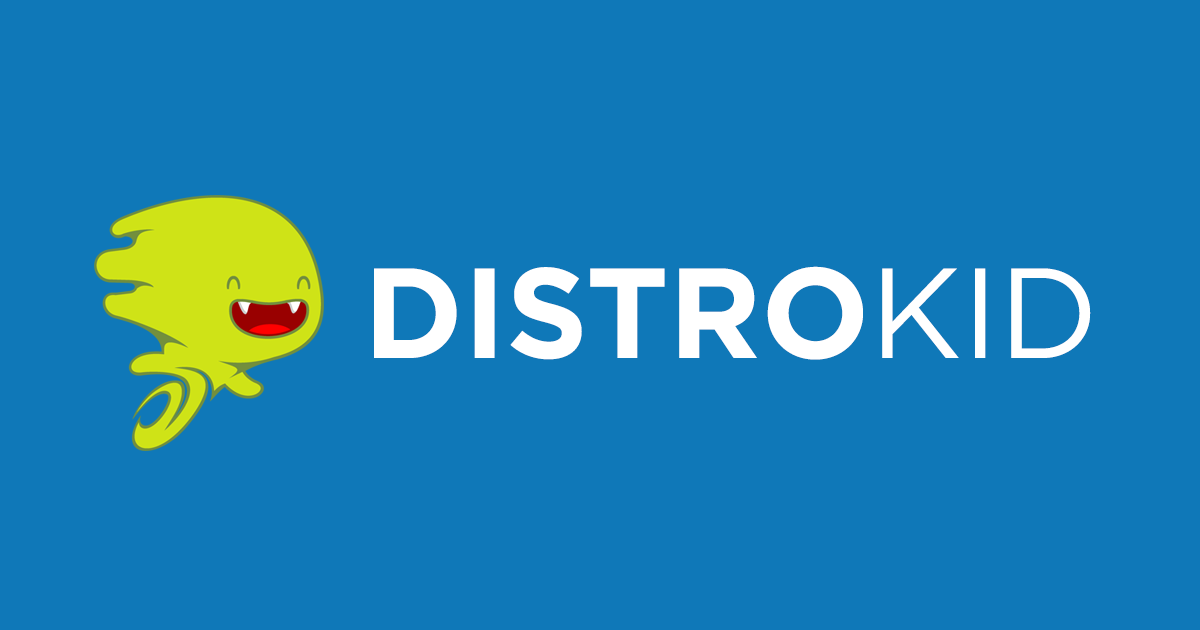 |  | |
| Entry-Level Price | $22.99 / year | $9.99 / release |
| Do They Take Your Royalties | Nope | Yes, 9% of them (you keep 91%) |
| Speed | 2-5 days | 1-2 weeks |
| Instagram and TikTok | You know it | You know it |
| Total Stores | 150+ | 150+ |
| YouTube Content ID | +$4.95 / song | Included |
| Royalty Splits | Yes | Kind of but it’s a little complicated |
| Customer Support | Automated / hard to reach | Pretty good. |
| Distribute Lyrics | Yes | Yes |
| VEVO Video Distribution | +$99 / year | No |
| Mastering | Included in annual plan | +$49 per song (but it’s very good) |
| Publishing Royalty Collection? | No | Yes (not in entry-level price, though) |
| Try DistroKid | Try CD Baby |
Again, both of these distributors are good options in their own right. But to help you make a decision, let’s break things down with some historical context.
The context of the debate
It’s probably clear from my story in the introduction that, for a little while at least, there was no debate between CD Baby and DistroKid – there was only CD Baby. They were founded in 1998 as an indie CD manufacturer. Soon after, Napster and iTunes blew up, and in 2004 CD Baby released an until-then unheard of service called “digital distribution.” For a little while, they were the only game in town.
But that didn’t last for too long.
In fact, one year after CD Baby launched digital distribution, TuneCore was founded in 2005. So was Ditto. Soon after, other players started hitting the scene, and by the 2010s, the competition was getting a little crowded.
Then, in 2013, DistroKid launched. (Well, kind of… but that’s a story you can read on Wikipedia.) And that changed everything.
See, DistroKid introduced a pricing model that, until that point, had been unprecedented: You only paid one fee for unlimited releases, and you got to keep 100% of your royalties.
Up to this point, that combination had never been offered before – but once it was out there, there was no going back.
For obvious reasons, DistroKid became almost immediately popular with indie artists. And other distributors, seeing DistroKid’s success, started to mimic their model. You had services like Amuse and United Masters and others all offering a yearly payment (or even an entry-level no-cost plan) for unlimited releases. In mid-2022, even long-time pay-by-release stalwart TuneCore caved to DistroKid’s influence and switched to this model. Subscription distribution became the norm.
But CD Baby stuck to its guns.
Now, in a world where almost every distributor offers a subscription, CD Baby does not.
And that leads nicely into my next topic.
Why you should choose CD Baby
It’s kind of funny – DistroKid’s pricing model, where you pay $22.99 once a year to release unlimited music, was the hammer that hit hard against CD Baby. It almost seemed like CD Baby had to change to survive.
But they didn’t. And by clinging to their model, CD Baby may have actually weathered the storm. Because today, the biggest reason to choose CD Baby is the same reason so many artists switched: They don’t require a subscription.
In fact, that’s their major marketing message.
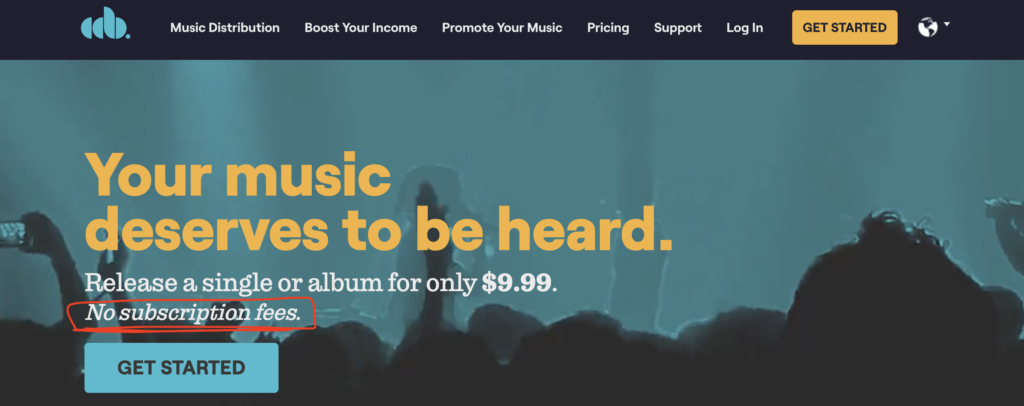
The rationale is simple: When you pay $9.99, your song lives forever online. Compare that against DistroKid’s annual $22.99, and the costs get distressingly unbalanced after a few years.
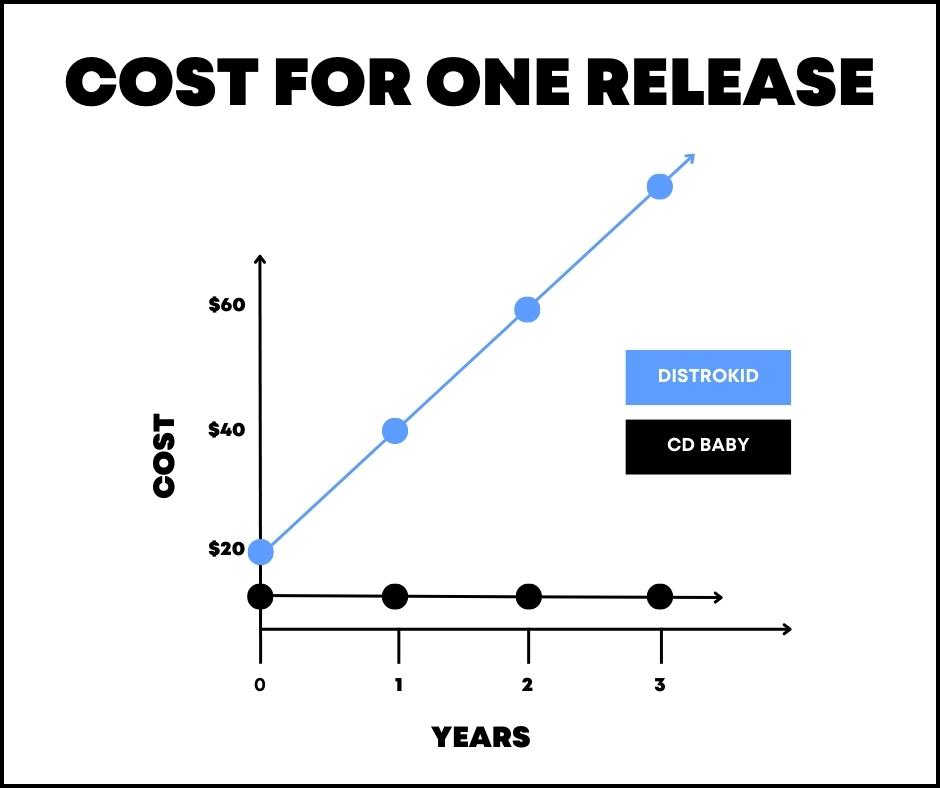
The math is pretty clear. If you’re not going to be releasing music very frequently, you should probably choose CD Baby.
Other benefits of CD Baby
- They offer publishing royalties collection (for an additional fee)
- They still offer CD manufacturing (through Disc Makers now, but they’re partners)
- They have a bunch of cool marketing tools built in, like Show.co and HearNow
- They offer a free YouTube Content ID with each song, so you can collect revenue from YouTube
But really, the main reason is that you don’t have to pay an annual subscription. If you’re only planning to release one album per year, it probably makes sense to do it with CD Baby instead of DistroKid.
You can check out CD Baby here.
Why you should choose DistroKid
Obviously, that chart up there looks bad for DistroKid. Why would you pay $22.99 per year forever when you could pay $9.99 one time?
Well, two reasons: 1) Because you want to keep all of your royalties, or 2) because you’re planning on releasing a bunch of music.
Those are really the two advantages that DistroKid has over CD Baby, and frankly, they line up with modern music industry wisdom. Basically, if you’re serious about building a fanbase, you should probably be releasing music pretty frequently – like 10-12 times per year. And if you have to pay $10 for every release, the costs get unbalanced fast.
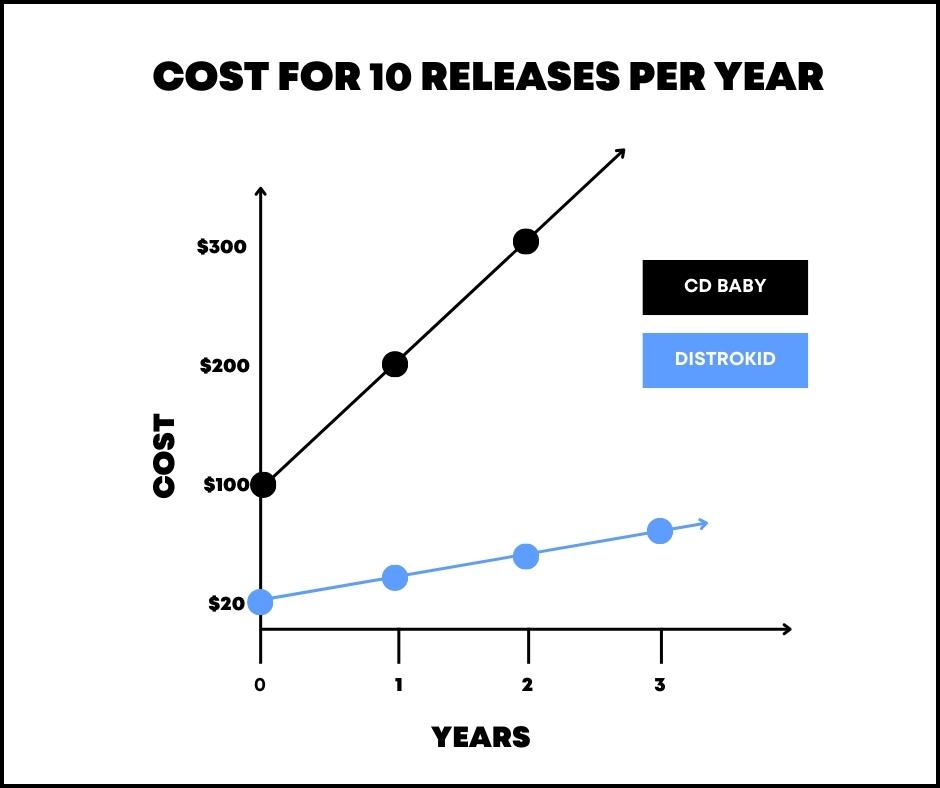
If you’re planning a waterfall rollout of 12 singles, DistroKid just makes more financial sense.
Other benefits of DistroKid
- They’ll distribute to VEVO for another $99 a year (expensive but pretty cool)
- They also have a bunch of marketing tools, like Hyperfollow (a free landing page generator), playlist promotion, and a music video generator.
- They have a fun logo. Nobody knows what it is, but it’s fun.
- They’re really, really fast – you can get your song into stores within a couple of days. (CD Baby aside, this is their biggest point of differentiation from other subscription services.)
- With DistroKid, you keep 100% of your royalties (whereas with CD Baby, you keep 91%).
Again, the main reason to go with DistroKid over CD Baby is that you’re planning to release a lot of music for the foreseeable future.
You can check out DistroKid here.
Final thoughts on DistroKid vs. CD Baby
If you’ve skimmed this article and came here looking for my final takeaway, fine, I’ll oblige. This was my summary at the beginning, but after all of the discussion, here it is again:
- If you want to release music frequently for the foreseeable future, choose DistroKid.
- If you’re planning to put out an album as a passion project but don’t have release plans past that, choose CD Baby.
- If you’re already using one or the other, stick with it. The hassle of switching probably isn’t worth it.
The good news – which I began to discover all of those years ago with my first release – is that the process of putting your music out there really isn’t all that hard. It’s still simple. Either option – CD Baby or DistroKid – is a solid one that will get the job done.
And that means that, instead of spending a bunch more time deliberating on the best option, you should pick a distribution service and then get back to what really matters: making more music.
Hope this comparison was helpful, and here’s wishing you good luck.

